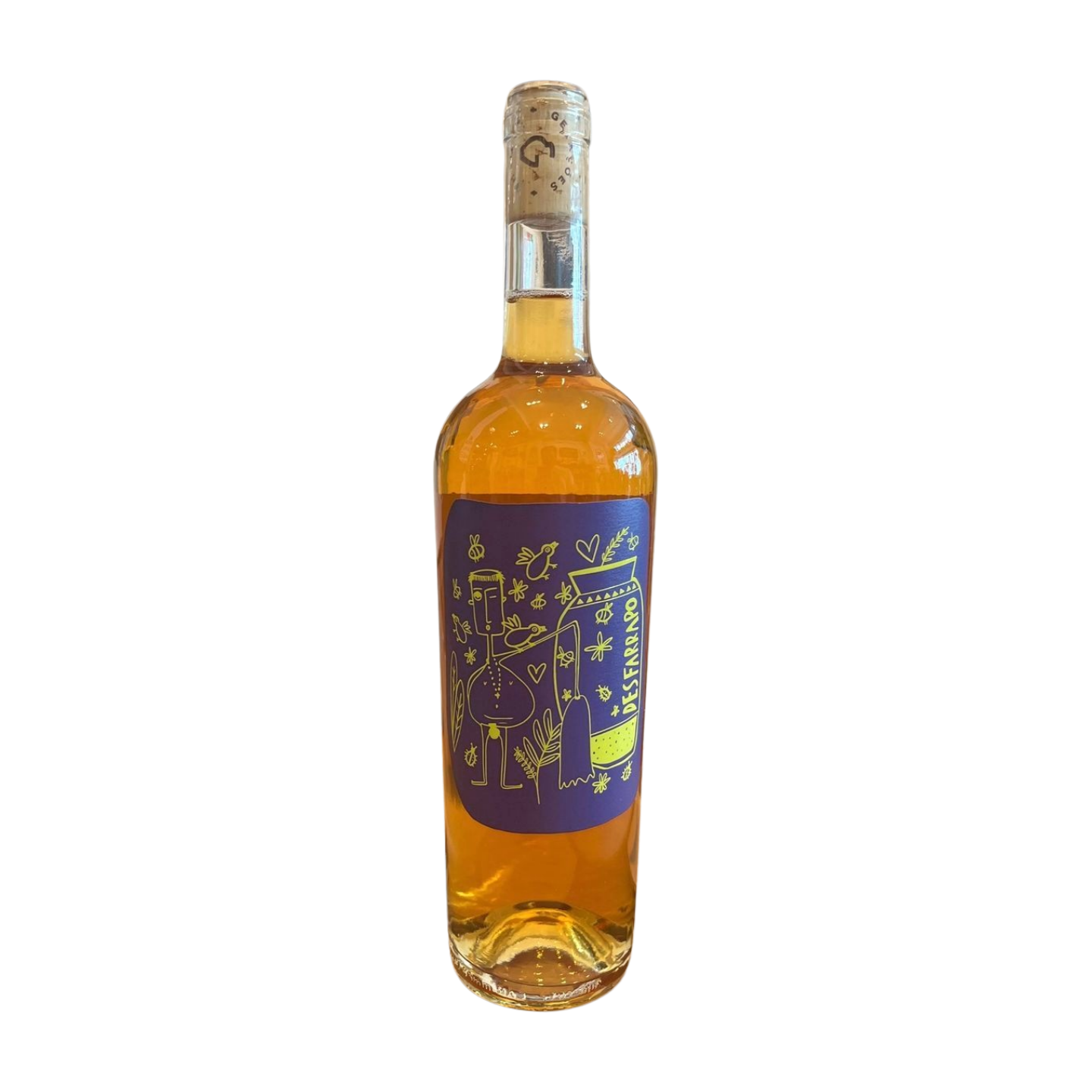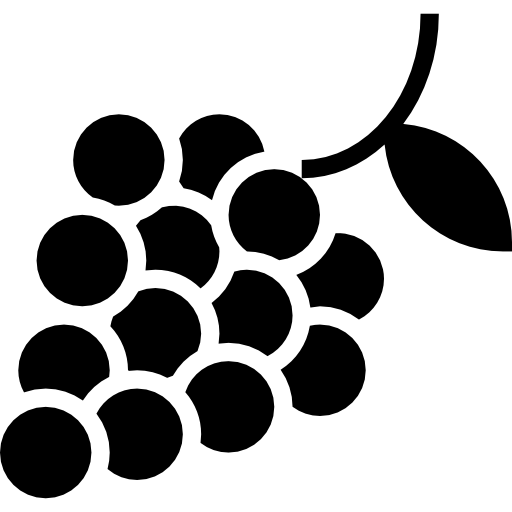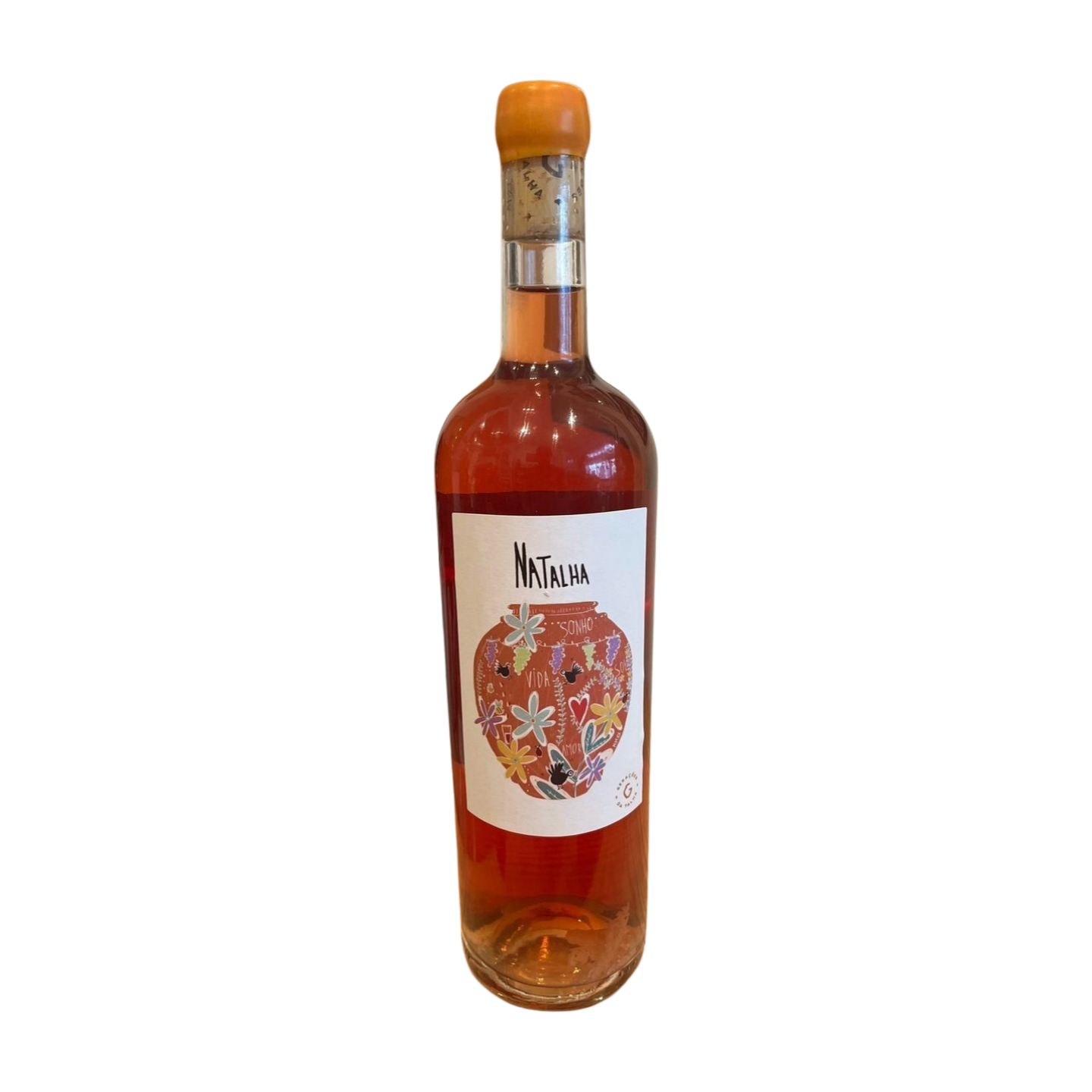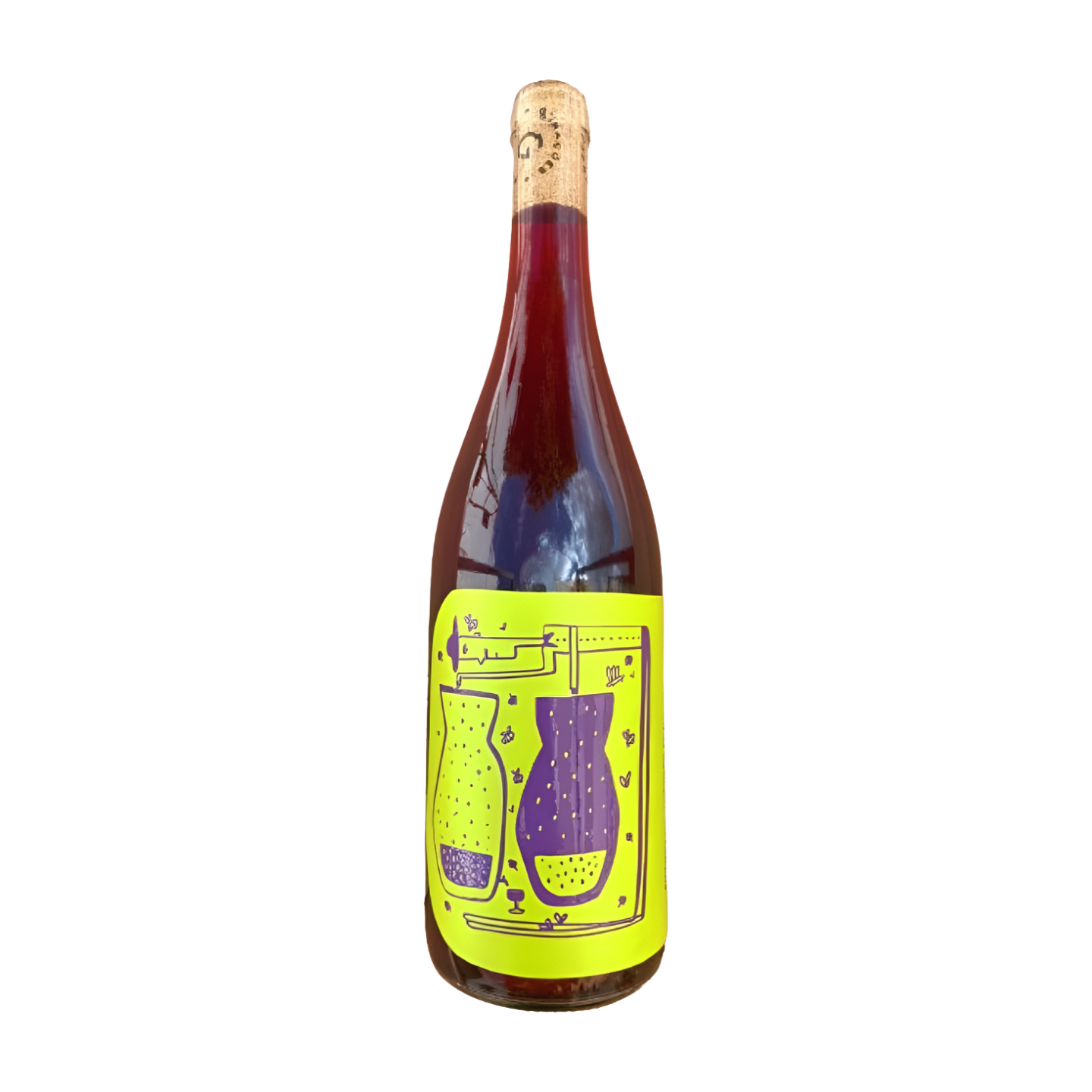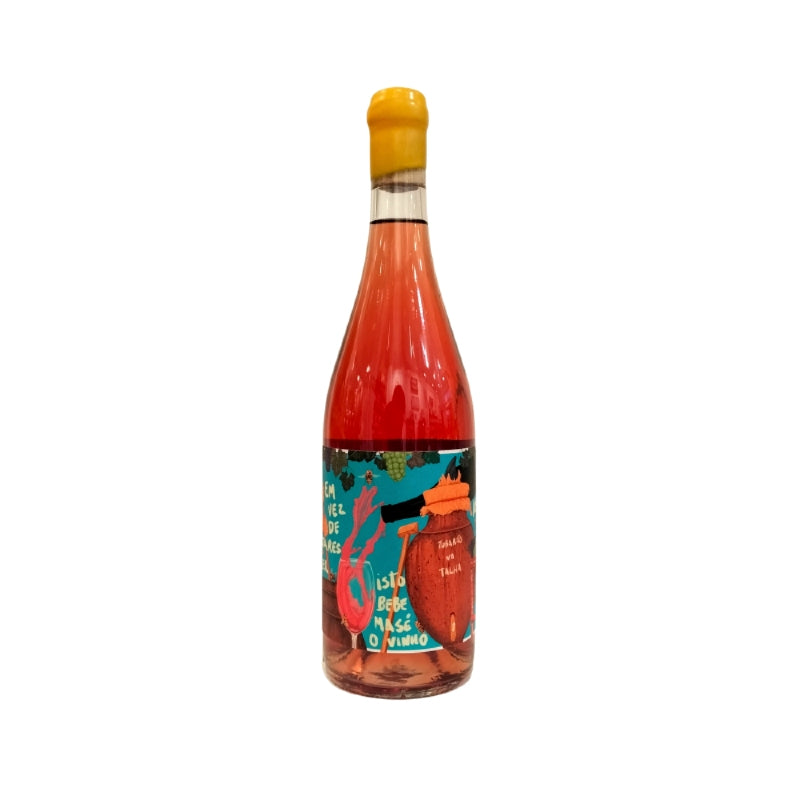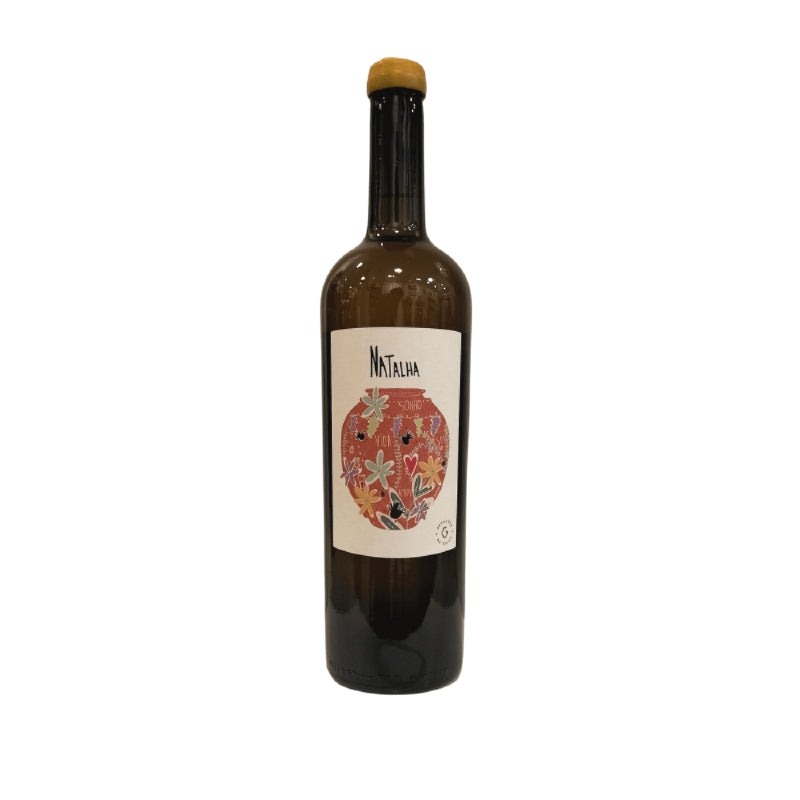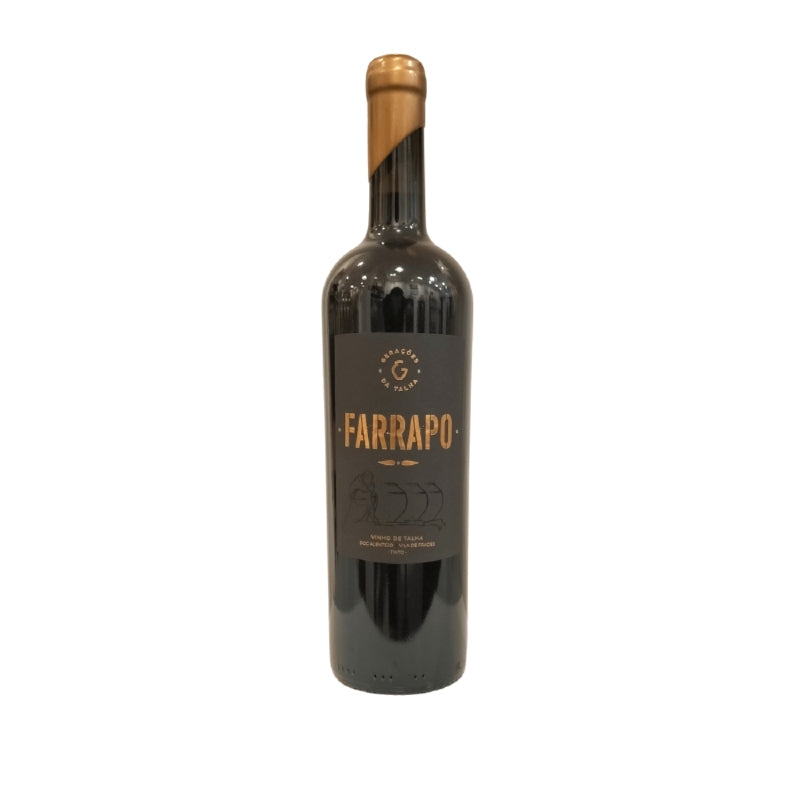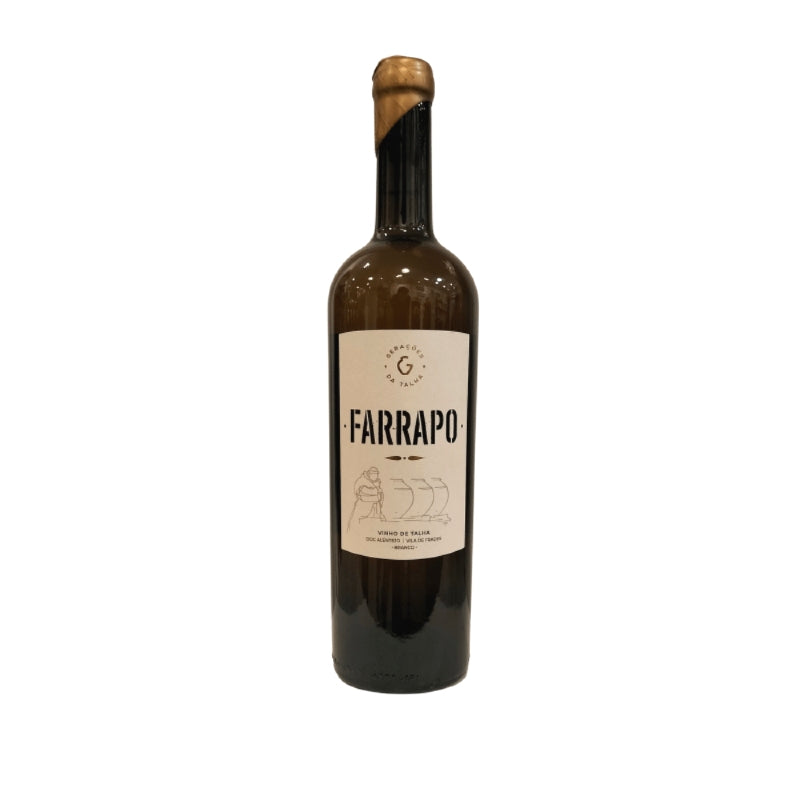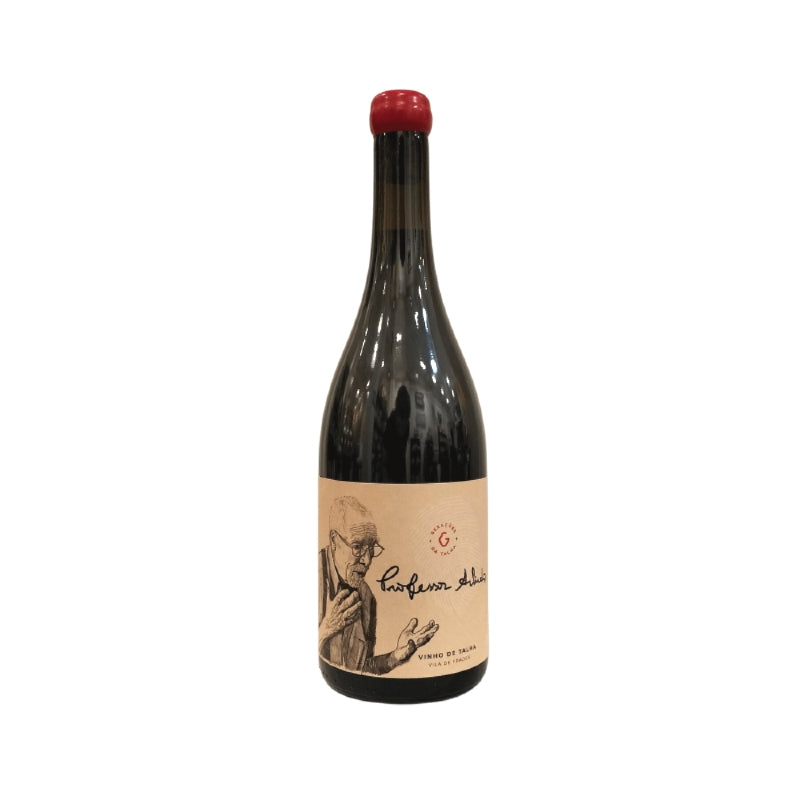The story of Gerações da Talha winds its way through time, a testament to a family's dedication and a region's unwavering commitment to tradition. It all began in Vila de Frandes, the heart of Portugal's Alentejo, a village crowned the "capital" of Talha wine. Here, generations of the Caeiro family, including Teresa Caeiro's grandfather Professor Arlindo Ruivo, have been the custodians of an ancient art - the art of crafting wines in clay pots called talhas.
This legacy stretches back over two millennia, with evidence suggesting the Romans themselves brought the Talha method to the region. The meticulously chosen grapes arrive at the cellar where the journey begins. Destemmed and crushed, they are deposited into the talhas along with skins, seeds, and even some stalks. Within these vessels, fermentation takes its course, transforming sugar into alcohol. As carbon dioxide escapes, a thick layer of grape solids forms on the surface. This is where the age-old practice of "stirring the hoist" comes in. The winemaker submerges this cap using a wooden plunger, ensuring all the grape components mingle and contribute their character to the developing wine.
Sustainability is woven into the very fabric of Gerações da Talha's practices. The clay talhas themselves are a testament to this. Unlike some modern methods, they require minimal intervention, relying on natural processes for temperature control and fermentation. Additionally, the "mother," a layer of lees that settles at the bottom of the talha, acts as a natural filter, further reducing the need for external manipulation.
The result? Wines brimming with history and character. Gerações da Talha's Natalha range exemplifies this beautifully. The Natalha white offers a refreshing expression, while the palhete, a light skin-contact wine, boasts a unique texture. The red iteration completes the trilogy, showcasing the depth and complexity achievable through the Talha method.
Gerações da Talha is more than just a winery; it's a bridge between past and present. By preserving this time-honored tradition, they craft exceptional wines and ensure that the soul of Alentejo and the whispers of history remain etched in every sip.
